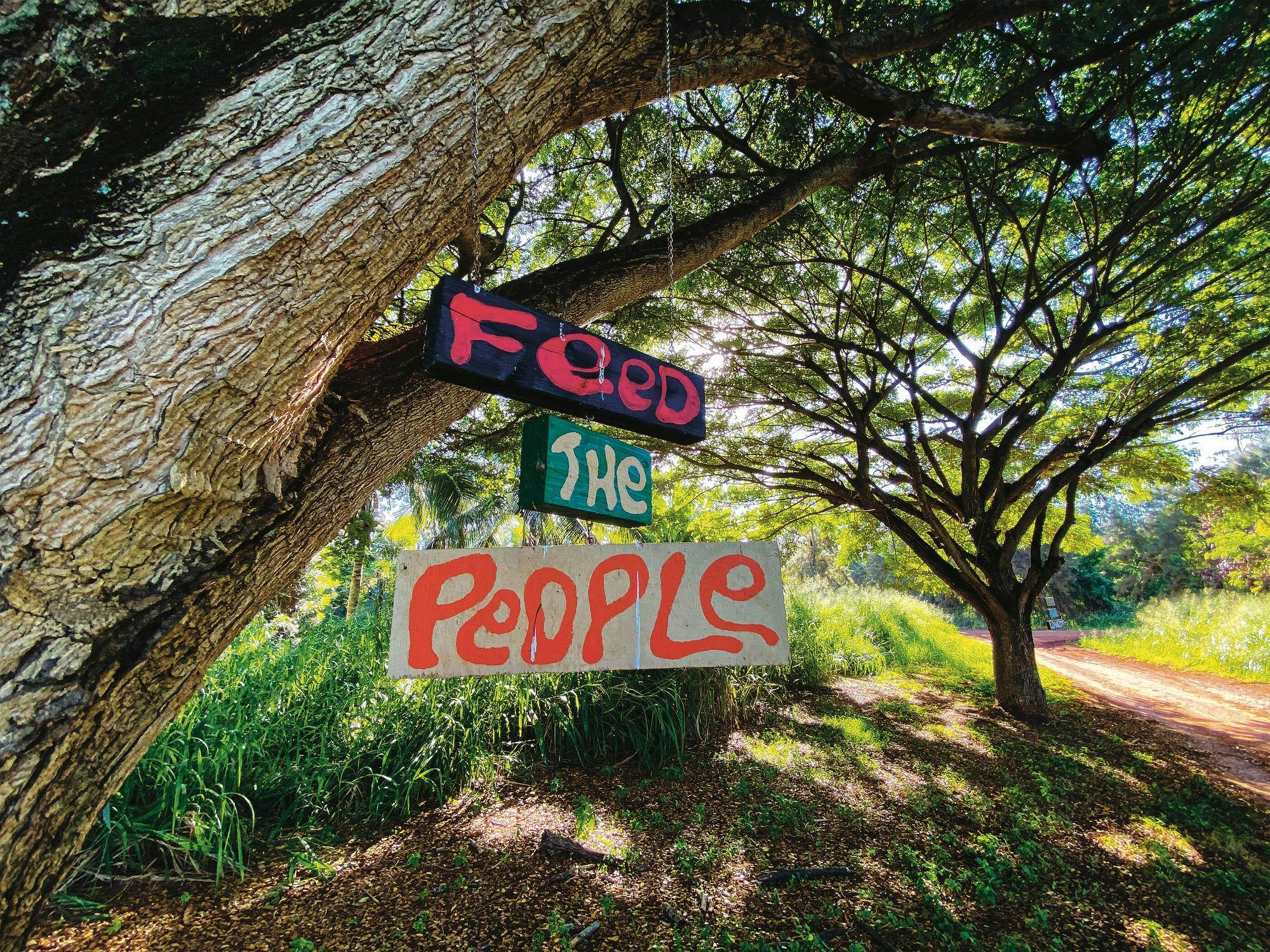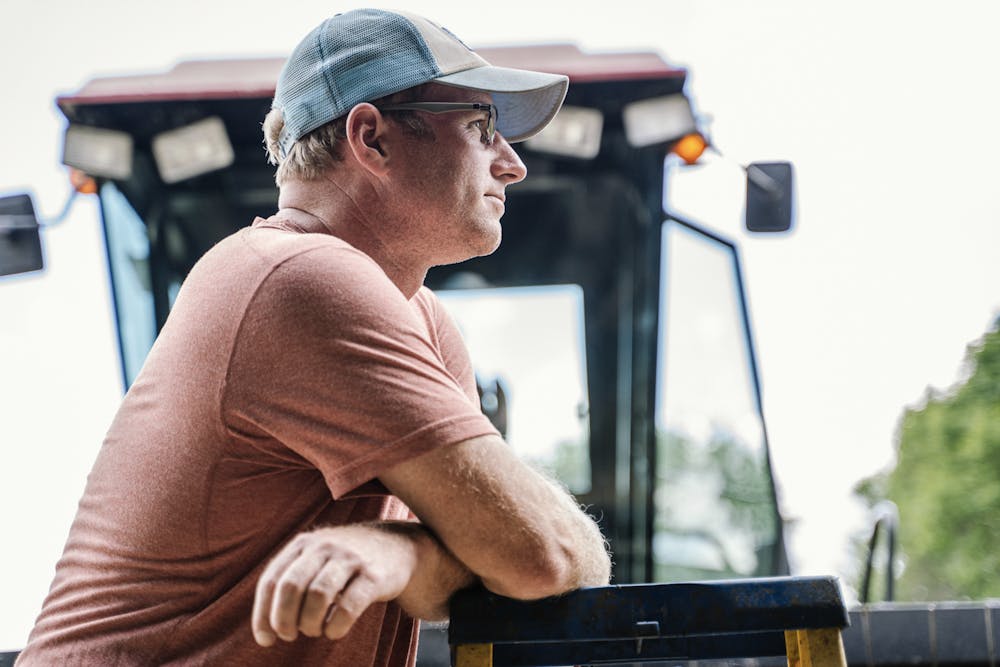The first time Kelsey Timmerman traveled abroad to Nepal, fresh out of college, he was hooked. Immersed in another culture, he discovered not only a passion for travel but a lifelong pursuit of understanding people, inequality, and our connection to the planet.
“I graduated with a degree in anthropology, which taught me empathy, how to interact with the world, and I learned to be interested and curious about people,” he said, noting that the thing he is best at is “getting to know people.”
Now a New York Times bestselling author, assistant teaching professor at Ball State University, and co-founder of The Facing Project, Timmerman has made a career out of asking hard questions — and turning the answers he finds into books.
His first trip to Nepal, he said, was transformative. Being embedded in another culture “hooked” him, and led to more travels.
In Honduras, he visited a T-shirt factory and met a young man his own age.
“It was obvious that his access to opportunities and privileges was far less than my own,” Timmerman said. “That really got me thinking, ‘How do I process this? What does it mean to live in a world with such inequality?’”
That reckoning became the foundation of Timmerman’s mission-driven writing, eventually resulting in three books: Where Am I Wearing?, Where Am I Giving?, and Where Am I Eating?
His newest book, released June 24, “Regenerating Earth,” has been in the making for the past five years and focuses on regenerative agriculture — a practice that has been around for hundreds of years.

Regenerative agriculture refers to farming practices that restore soil health, increase biodiversity, and reduce dependence on chemical inputs. While the methods aren’t new, the urgency around climate change has brought them back into the spotlight.
Timmerman said the idea for this book began when he started to ask bigger questions about agriculture and agribusiness on his travels. He realized that certain farming practices can lead to air and river pollution and put communities at risk.
While this may be the case, he said at the end of the day, farmers are friends, family, neighbors, and are essential to communities and culture. So, Timmerman then asked himself, ‘What is the solution here?’
“It's not easy, because farmers are being farmed by these large corporations, and they're in this system that their parents, grandparents, or even great grandparents stepped into, of this chemical-intensive system that is degenerating our land,” he said.
Timmerman began traveling across the world to meet farmers and activists who don’t view agriculture as the problem, but have found a solution in it. Their practices vary from building healthy soil and even sequestering carbon, enough to maybe help fight climate change.
Timmerman said it’s been “really fun” to talk to people who have seen once decimated landscapes return due to regenerative agriculture. He hopes that readers come away with a better understanding of the connection they have to the world around them.
“At one point, I made a real strong case for this book to be called ‘We are Earth,’” Timmerman said. “We are soil, we are stardust for that matter, but we are also part of an animal who's evolved over millions of years, and cycles of nature, and here we are, and these cycles will continue after us.”
Additionally, he said he wants the book to spark change in its readers, leading to rethinking their role in the world.
As for what’s next, Timmerman said he’s interested in exploring a more locally focused project, something that can help communities better understand global issues through a hometown lens. While he plans to stay rooted in Muncie, he hopes his work continues to spark reflection far beyond it.
“Each of us can be a force for good,” he said.
For more information on “Regenerating Earth,” head to Patagonia's website here.
Contact Trinity Rea via email at trinity.rea@bsu.edu or on X @thetrinityrea.





